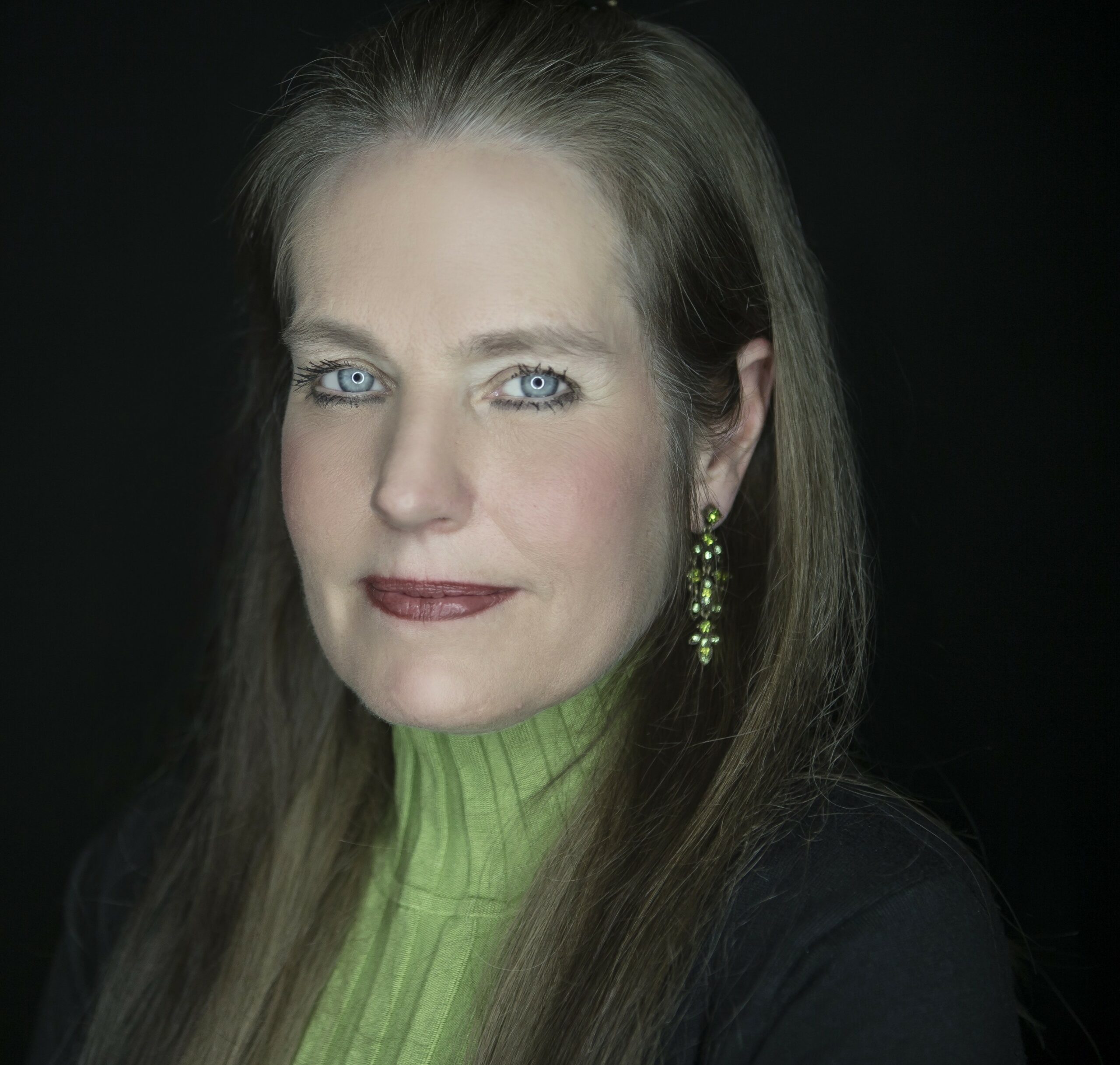KPFA’s weekday morning program UpFront is airing a three-part series on sex and technology produced by Bee Soll (@bee_soll), a recent intern for UpFront and UC Berkeley graduate.
What do advocates for survivors of digital sexual abuse and harassment say about what needs to change in society? What role does stigma have in enabling the stealing of video content, forcing wages down in the adult film industry? And what does a “courtship expert” say is different about how young people today are meeting each other? Three experts explore these subjects.
Charlotte Laws on “revenge porn” and how survivors find justice in the digital age

The first installment of the series features Charlotte Laws (@CharlotteLaws), an author and advocate against “revenge porn,” in conversation with Bee Soll about misogyny in online culture. Laws struggled to find help from law enforcement when her daughter had sexually explicit material published to the internet without her consent. Together, they eventually took on Hunter Moore, a major online distributor of sexual content obtained abusively through his site Is Anyone Up?. Moore was sentenced to two years in prison. Laws talks about her work with survivors, “sextortion,” Section 230 of the Communications Decency Act, and the law governing the distribution of nude photos. “Victims really need somebody there for them; it’s very hard for them to get the material taken off the internet by themselves,” she says.
Mickey Mod talks ethics, justice, and digital evolution in the adult film industry

Bee also spoke with Mickey Mod, adult film performer and creative director at Kink.com, about racism, ethics, technology and justice in the pornography industry. “The thought that sex work is easy, quick money on the pornography end — it takes a lot of effort, and a lot of psychological work that happens,” Mickey Mod says. “We are not really honest about the type of labor that we can create a place for in this society.”
Mickey Mod says he’s seen a lot of change in the industry, including new online platforms that allow performers to create their own content for consumers, like OnlyFans, which is transforming access to audiences and streams of revenue for sex workers and performers. “When you have a system that kind of gets away from that studio system, performers are able to make better choices about how they work and who they work with, rather than being paired in situations or narratives that they may not fully agree with, but are supporting because of the financial incentive.”
Helen Fisher on “slow love” and how younger generations are approaching relationships

Helen Fisher, a biological anthropologist who studies love, marriage and attachment and works with dating site Match.com, spoke with Bee in February. Fisher comments on how young people today are approaching courtship and marriage more carefully than previous generations, explains how flirtation works, and delves into dating apps.
“If you’re doing slow love, you’re learning more about yourself sexually, emotionally, romantically, learning to get rid of what you don’t want before you marry and develop what you do want, and negotiate these relationships in a more sensible way. Maybe by the time people wed, they’re more likely to be in a stable partnership.”

